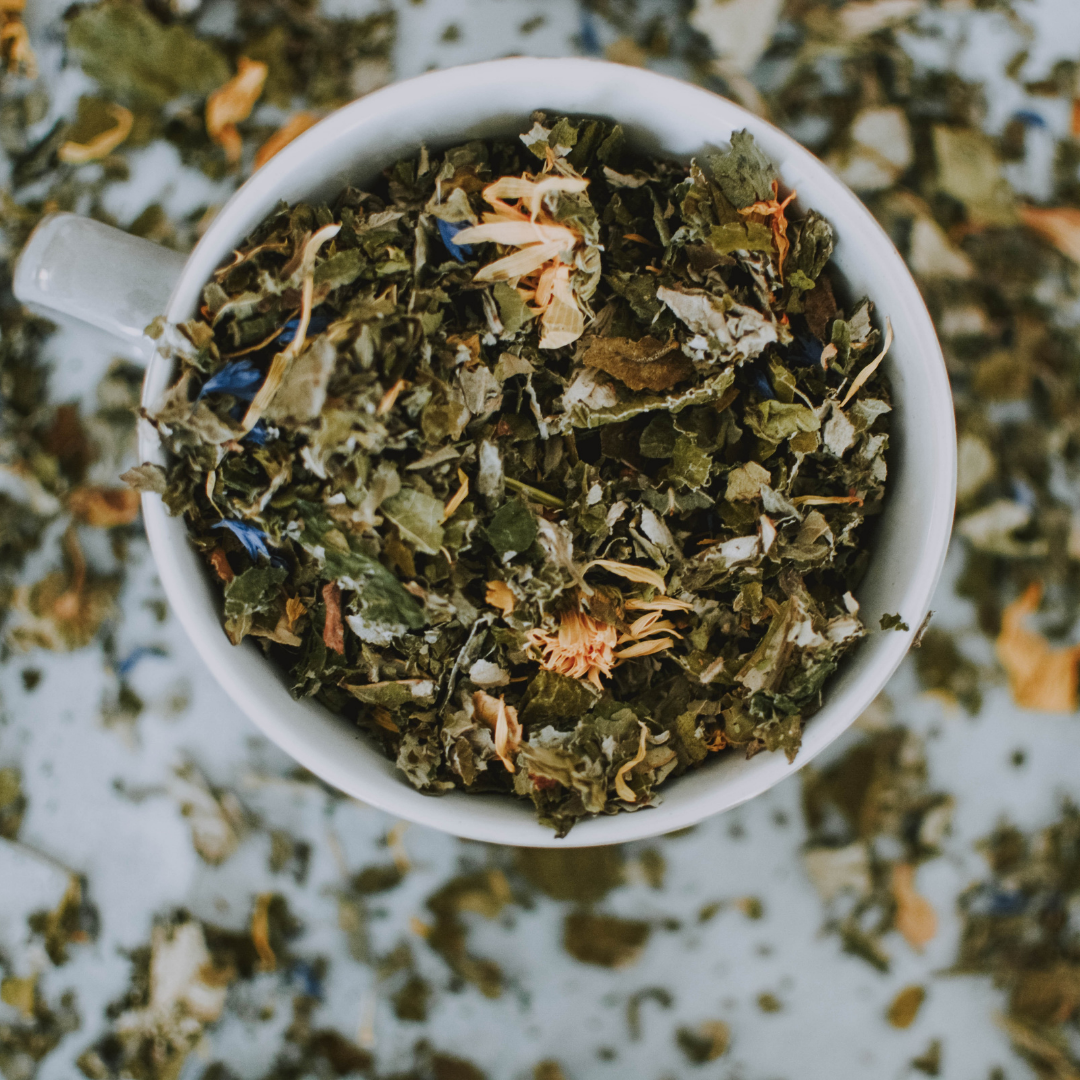Traditional Chinese Medicine has been successfully used in the East for thousands of years to do everything from boost the immune system to treat diseases. As TCM makes its way steadily into Western medicine, many people wonder whether traditional Chinese medicine is evidence based and if it is, what Chinese natural remedies are supported by science.
Chinese Medicine Remedies Approved by Science
The study of natural remedies and Chinese medicine is still not a major priority for many universities and health ministries. However, some studies have shown the effectiveness of some of TCM’s valued treatments.
Is Acupuncture Supported by Science?

According to the NIH, many studies have shown that acupuncture has the ability to stimulate the parts of the brain that process pain to provide pain relief via the body’s natural painkillers. Acupuncture is especially effective in alleviating chronic pain. Many Western doctors acknowledge the effectiveness of acupuncture for improving:
- Lower back pain
- Neck pain
- Osteoarthritis
- Knee pain
- Carpal tunnel syndrome
- Tennis elbow
- Tension headaches
- Migraines
- Menstrual cramps
- Fibromyalgia
- Asthma
Studies on acupuncture have even shown promising results for those with mental illnesses, specifically depression and post traumatic stress disorder.
Western medicine has been studying the combination of TCM with traditional Western treatments as well. Studies have suggested that acupuncture can effectively improve postoperative nausea, chemotherapy-related nausea, and postoperative dental pain.

Are TCM Herbs Evidence-Based?
There haven’t been nearly enough scientific studies on Chinese herbs to be able to answer this question from the side of Western medicine. However, thousands of years of evidence in Eastern medicine should be considered.
Here is what we can say about traditional Chinese herbal medicine according to studies acknowledged by the NIH:
- Echinacea: Could reduce chances of catching the common cold.
- Garlic: Possibly lowers blood cholesterol levels; Could reduce high blood pressure; Potentially reduces the risk of developing some cancers, specifically stomach and colon cancers.
- Ginger: Ginger could help vomiting and nausea problems, including pregnancy-related nausea and chemotherapy-related nausea.
- Asian Ginseng: Possibly lowers blood sugar levels and improves glucose metabolism.
- Astragalus: Potentially lowers the risk of developing upper respiratory tract infections in patients with kidney disease, specifically nephrotic syndrome.
- Chamomile: Could be helpful to treat generalized anxiety disorder; Could possibly be beneficial for those with upset stomach, diarrhea, and colic; It could also improve the quality of sleep.

Other active ingredients of traditional Chinese herbs are commonly used in Western medicine:
- Artemisinin: Used in some malaria cures - found to inhibit the growth of malaria parasites.
- Huperzia Weed: Potentially impedes the advance of Alzheimer’s disease.
- Fingolimod: Used in multiple sclerosis treatment
- Turmeric: Contains curcumin, a proven anti-inflammatory agent
- Arsenic: Used to treat leukemia
Studies of Traditional Chinese Medicine are Just Beginning
Despite how fundamental TCM has been in Eastern medicine for so long, it is just beginning to become introduced into Western medicine, which means the studies have barely scratched the surface. There is so much that people and doctors swear by that has not yet been studied formally by institutions such as NIH and research universities.
If you are looking for a natural remedy to treat a specific ailment or help prevent disease, the best thing to do is consult with a specialist who can help you find the right treatment for you.




Leave a comment
All comments are moderated before being published.
This site is protected by hCaptcha and the hCaptcha Privacy Policy and Terms of Service apply.